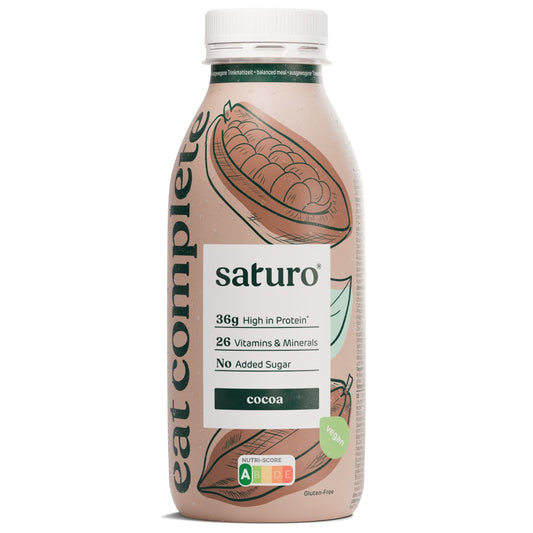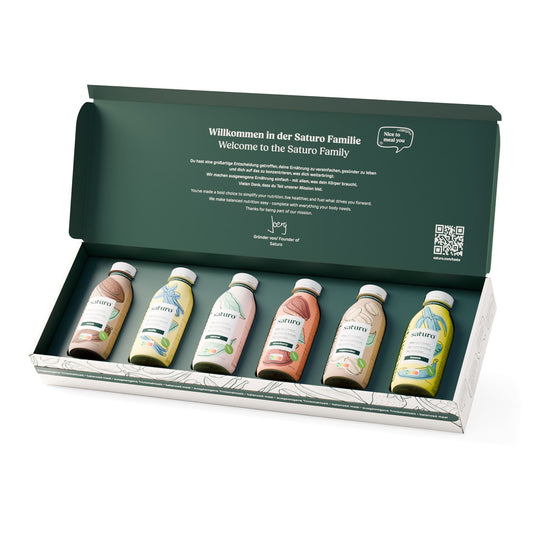Contents
1
Why gain weight?
Underweight
2
Gain
3
Gain
Nutrition
training
4
Food to increase
Top 10 most calorie -rich vegan foods
Top 10 most calorie -rich animal foods
Shakes to gain
5
Tips for increasing
6
Drinking food to increase
Contents
1
Why gain weight?
Underweight
2
Gain
3
Gain
Nutrition
training
4
Food to increase
Top 10 most calorie -rich vegan foods
Top 10 most calorie -rich animal foods
Shakes to gain
5
Tips for increasing
6
Drinking food to increase
Top 10 most calorie -rich vegan foods
| Vegan calorie sources | Calories per 100 g |
|---|---|
| 1. Macadamia nuts | 719 kcal |
| 2. Pecans | 710 kcal |
| 3. Pine nuts | 673 Kcal |
| 4. Paranese | 659 Kcal |
| 5. Walnuts | 654 Kcal |
| 6. Hazelnuts | 628 Kcal |
| 7. Almonds | 598 Kcal |
| 8. Tafini | 595 kcal |
| 9. Peanut butter | 589 kcal |
| 10. Sunflower seeds | 584 Kcal |
Top 10 most calorie -rich animal foods
| Animal calorie sources | Calories per 100 g |
|---|---|
| 1. Butter | 717 Kcal |
| 2. Bacon | 468 Kcal |
| 3. Hard goat cheese | 452 Kcal |
| 4. Parmesan | 451 kcal |
| 5. Salami | 425 kcal |
| 6. Cheddar | 403 kcal |
| 7. Spare ribs (pig) | 397 kcal |
| 8. Swiss cheese | 393 Kcal |
| 9. Cream cheese | 350 kcal |
| 18. Steak (beef) | 341 kcal |





